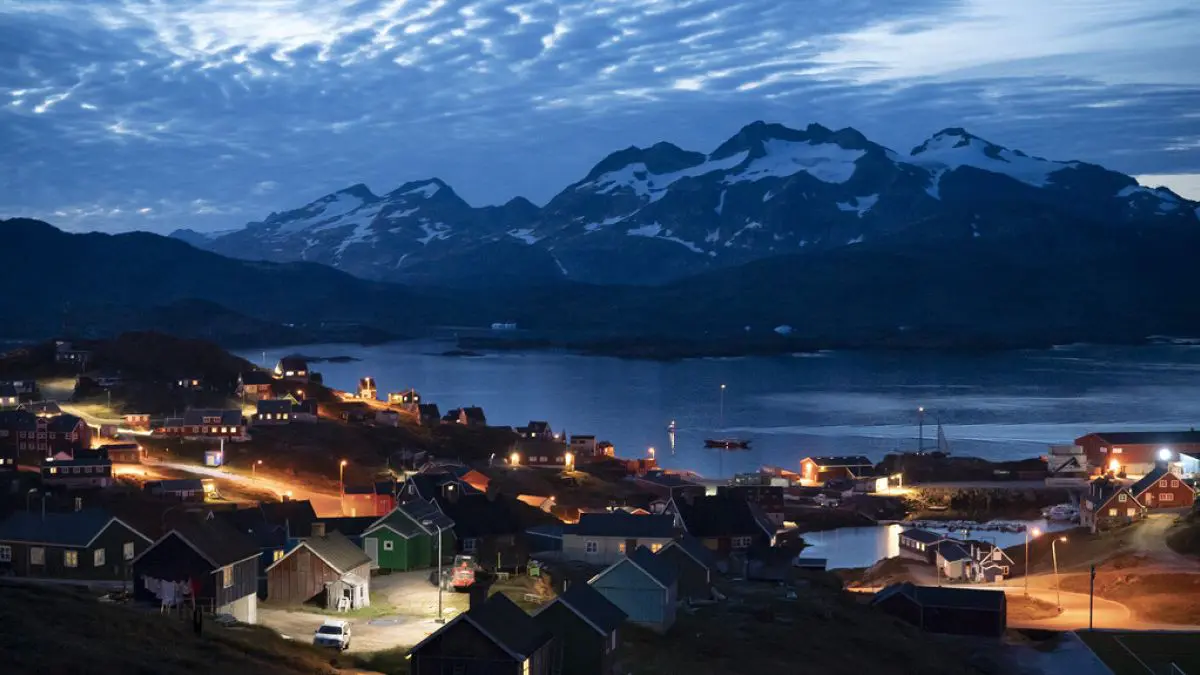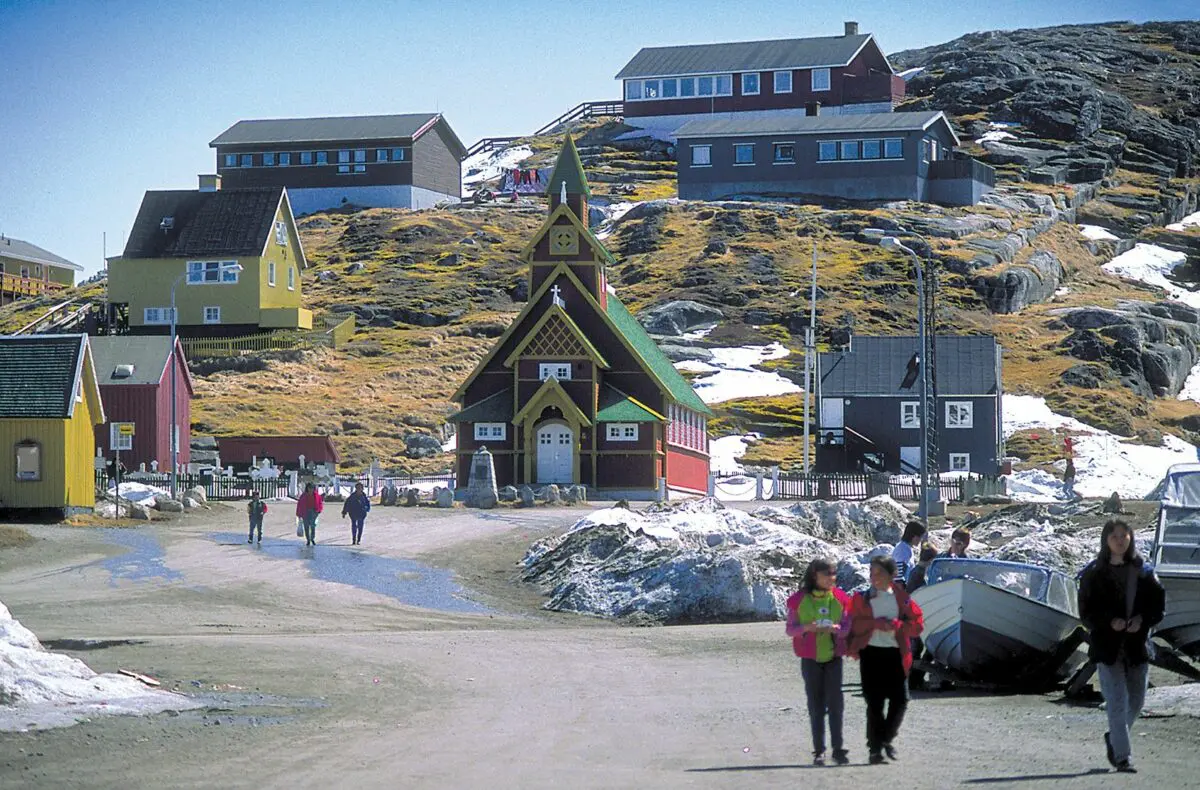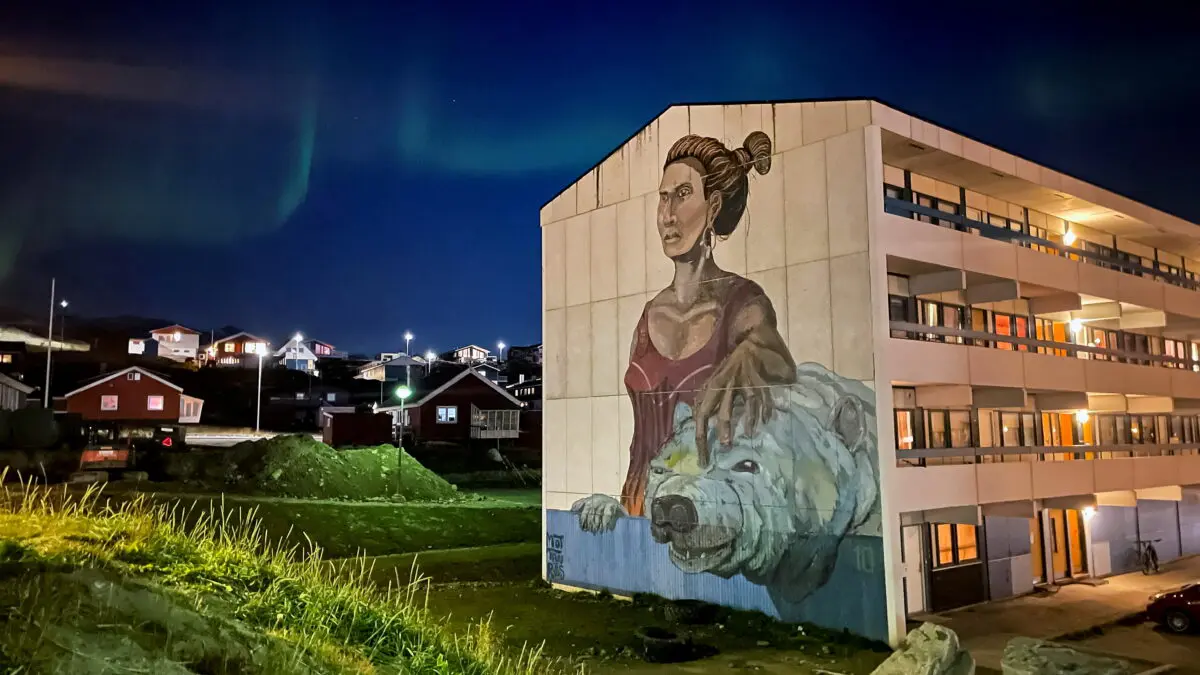The relationship between Greenland and Denmark is rich and complicated, colored by a series of historical events that continue to affect their interactions today. The recent spotlight on past scandals highlights the need for reflection and justice within this partnership. One of the most significant events is the IUD scandal, which forced many young Indigenous women in Greenland to undergo invasive procedures without consent, revealing a dark side to the policies implemented by the Danish government. As this examination unfolds, it delves into the impact of these scandals on the modern-day relationship, the quest for independence in Greenland, and the complex legacy of colonialism that still looms over these two nations.
Historical Context of Greenland-Denmark Relations
The history of Greenland under Danish rule is marked by a series of complex interactions stemming from colonization. Initially, Greenland was viewed as a distant territory, with little regard for the Indigenous population. The colonization process began as early as the 18th century, leading to the establishment of a mission and trading posts. This exploitation was justified under the guise of ‘helping’ the local population by introducing them to Christianity and Danish culture. Yet, this ideology masked the more manipulative and controlling practices that would unfold over the decades.
In 1953, when Greenland officially ceased to be a colony, it was instead designated as a Danish province. While this change was meant to signify a level of independence, the reality was far from this. The Danish government still maintained a stronghold over various facets of Greenlandic life. It wasn’t until 1979 that Greenland gained its own parliament, and even then, the governance structure continued to bear the marks of colonial influence. This enduring dominance paved the way for policies that would deeply affect the Indigenous population, aligning with the problematic feelings surrounding their autonomy.

The IUD Scandal: A Painful Legacy
The IUD scandal emerged starkly in discussions about Greenlandic history, particularly through a podcast that unearthed the unsettling truths behind forced contraceptive policies imposed by the Danish authorities. This policy was perceived as a mechanism to curb the birth rates of ‘illegitimate’ children in Greenland, with many young women, sometimes minors, being subjected to the insertion of intrauterine devices without their families’ consent. Survivors like Henriette Berthelsen have bravely stepped forward to share their harrowing experiences, recounting not only the physical pain involved but the emotional trauma that followed these violations.
Berthelsen’s testimony is a poignant reminder of the lasting impact of this scandal. The forced insertion of IUDs into young, innocent girls elicited tears and panic, as they were taken away from their parents under the guise of health care. The understanding of their own bodies was manipulated, leaving behind a legacy of distrust and fear towards the very institutions that were supposed to protect them. These voices demand not only recognition but also apologies and reparations from their government.
The ‘Little Danes’ Experiment: Cultural Assimilation
Another piece of this historical puzzle is the ‘Little Danes’ program, which attempted to culturally assimilate Greenlandic children in Denmark. Launched in the 1950s, the social experiment aimed to take children from their indigenous families and re-educate them in Danish culture. This program, wrought with its own set of issues, ultimately led to alienation and a deep sense of loss among the children who were taken. Is it any wonder why many Greenlanders view these past programs as acts of cultural erasure?
These children returned to a landscape transformed, lacking the familial and cultural ties that were crucial to their identity. Many grew up bearing psychological scars, traumatized by the experience of being torn from their families, often leading to a life of instability and hardship. Such experiences echo in the present-day discussions surrounding Greenland’s quest for recognition and self-determination.

The Quest for Independence
The quest for independence within Greenland is increasingly becoming a rallying cry among its citizens. The past scandals, such as the forced contraception and cultural assimilation efforts, have galvanized a new generation keen on rewriting their narrative. With a population that is fiercely proud of its Inuit heritage and culture, the calls for autonomy are not only about escaping Denmark’s historical oppression but also about reclaiming identity.
In the political landscape, discussions surrounding independence have intensified, especially as younger Greenlanders seek to connect more deeply with their roots. Prime Minister Mute Egede embodies this desire, advocating for a self-determined Greenland that sets its own course. Many see the recent international interests surrounding Greenland, especially from powers like the United States, as an opportunity to reshape their international narrative, all while remaining steadfast in their local identity.
Societal Impact of Historical Scandals
The *impact of these historical scandals* resonates through today’s society in Greenland. Survivor testimonies, collective memory, and an ever-evolving sense of identity have woven together a complex societal fabric. The psychological ramifications are profound, with many individuals wrestling with the interconnected legacies of colonial envy. Initiatives aimed at healing and understanding are in various stages of development but often struggle against the backdrop of a government hesitant to fully acknowledge its past.
As the push for further autonomy grows, discussions around reparations and reconciliation become increasingly urgent. These dialogues raise vital questions about responsibility, justice, and acknowledgment of past grievances. Organizations advocating for these changes often encounter governmental resistance, illustrating a tension that continues to hinder progress.

Repercussions in Modern Politics
The political ramifications of past scandals extend far beyond mere acknowledgment. They fuel ongoing debates about Denmark’s involvement in Greenland’s future and the ethical ramifications of international relations. As Greenlanders assert their rights, questions arise about Denmark’s approach to its former territory and how they navigate these discussions on the world stage.
Throughout recent years, various political leaders in Denmark have expressed the need for change. Calls for greater transparency in diplomatic dealings, especially concerning resource extraction and land rights, indicate a qualitative shift in *Greenland-Denmark* relations. The growing attention on Greenland’s resources, owing to climate change and geopolitical tensions, prompts a reevaluation of historical claims and present interactions.
External Influence and Modern Dynamics
As global interest in Greenland rises, external influences further complicate the historical landscapes surrounding the island. Former President Donald Trump’s declaration about purchasing Greenland reignited discussions about sovereignty and the island’s significance. The notion that the U.S. might play a role intensifies the urgency for Greenlanders to assert their independence.
Greenland Prime Minister Mute Egede emphasizes the necessity for Greenland to define its own identity amidst external pressures. Exploring alliances that align with their goals—rather than succumbing to historical narratives imposed by former colonizers—represents a significant step towards self-determination. The battling interests of the powerful nations underscore the importance of Greenland seizing the opportunity to carve a future that honors its history while paving the way for a new identity.

Navigating Toward a Shared Future
The journey towards healing and reconciliation continues amidst the challenging legacies of colonialism. Greenlanders strive for a shared vision of the future that respects their cultural identity while navigating modern political terrain. There is an underlying resolve among the population to educate themselves and engage in discussions regarding their history, enabling them to uncover their own identity and destiny.
Through community initiatives, storytelling, and the promotion of Inuit culture, Greenlanders are reclaiming their narrative. Efforts for education and awareness pave the way for fostering relationships between the Indigenous community, the Danish government, and the international community. This holistic engagement allows for the construction of a future that is built on understanding and mutual respect.
Shared Responsibility
Denmark has yet to fully grapple with its colonial past. Acknowledgment of historical wrongs is key for meaningful reparations, but it requires Danish society to confront its own narrative. Education programs that address these historical injustices can play a pivotal role in cultivating empathy and understanding.
By embracing alternative perspectives and narratives, Denmark can contribute positively to Greenland’s journey. Engaging with Indigenous voices and supporting cultural revitalization initiatives can foster healing and pave the way for reconciliation. Ultimately, shared responsibility highlights the path towards building a more equitable partnership.
Source: www.dw.com
Hi, I’m Sarah, a 30-year-old journalist with a passion for storytelling and uncovering the truth. I strive to bring important issues to light and connect with my audience through compelling narratives.



